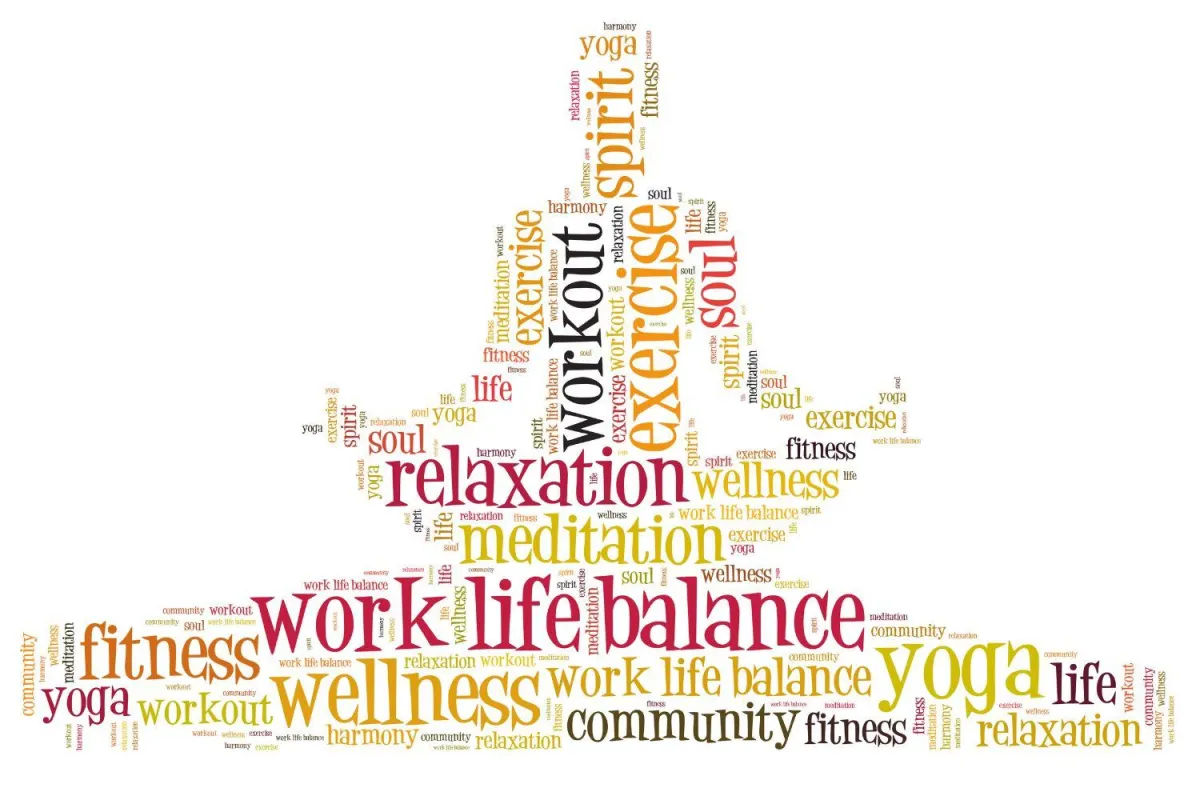Roy LaFollette > Blog

Balancing Work, Study, and Personal Life
Balancing Work, Study, and Personal Life
Amazon Kindle
Amazon Paperback
Achieving a balance between work, study, and personal life is essential for overall well-being. Individuals frequently find themselves in a state of being overwhelmed by various duties in today's fast-paced society, which leaves them with little time for self-care and overall personal development. This chapter examines various methods that can be utilized to establish boundaries, manage obligations, and prioritize self-care in the context of the various roles and tasks that one may be responsible for. By putting these practical ways into action, individuals can work toward achieving a life that is both harmonious and meaningful.
Setting Boundaries: The Foundation for Balance

The establishment of boundaries that are both obvious and attainable is the initial step toward achieving a good balance between job, school, and personal life. Within the context of one's personal life, boundaries serve as a protective shield against the entrance of stress connected to one's professional life, and vice versa. Start by establishing distinct boundaries between your time spent working, studying, and spending time on your own. Let your loved ones, coworkers, and lecturers know about these boundaries so that they can comprehend and appreciate the constraints you have set for yourself. Regaining control over your time and building a feeling of organization can be accomplished through the establishment of these limits.
Managing Commitments: Finding the Middle Ground
To successfully juggle work, school, and personal life, one must be able to juggle several commitments. To properly manage these commitments, it is essential to locate a compromise that enables you to fulfill your obligations without compromising your own personal well-being. Your first step should be to evaluate your priorities and determine the activities that are in line with your long-term objectives. To free up time for activities that are important, it is recommended to delegate or remove duties that bring minimal value. Also, it is crucial to learn how to say "no" when it is necessary since it enables you to keep your attention on the commitments that are most important to you.
Prioritizing Self-Care: Nurturing the Mind and Body
In the pursuit of professional or academic success, individuals frequently disregard their personal well-being to achieve their goals. Self-care, on the other hand, is necessary for preserving equilibrium and avoiding burnout. To prioritize self-care, it is necessary to nurture both the mind and the body. Participate in pursuits that will help you feel refreshed and revitalized, such as going for a run, practicing meditation, or spending time in the great outdoors. In addition to this, make sure that you maintain a good diet and receive an adequate amount of sleep. When you make taking care of yourself a priority, you will improve your ability to deal with the problems that may come from all elements of your life.
Flexible Time Management: Maximizing Efficiency

One of the most important aspects of successfully juggling work, school, and personal life is the ability to effectively manage one's time. Your ability to effectively arrange your time and complete more tasks in a shorter amount of time is made possible when you take a flexible approach to managing your time. To begin, you should determine the hours during which you are most productive and then schedule demanding chores to take place during those times. When working on larger activities, it is helpful to break them down into smaller, more manageable pieces that may be handled in shorter amounts of free time. Through the utilization of technology and productivity tools, everyday tasks can be automated and streamlined. You will be able to maximize your productivity and make room for your own personal activities if you put these tactics into action.
Utilizing Support Systems: Sharing Responsibilities
Recognize that you are not solely responsible for striking a balance between your personal life, your studies, and your work. You should make use of the support networks that are available to you, such as your coworkers, friends, family, or even other online groups. Delegate jobs wherever it is possible to do so and seek assistance from reliable individuals who can aid you in reducing the amount of work you have to do. You will lessen the pressure of having to handle everything on your own by sharing responsibilities, which will also generate opportunities for joint growth.
Flexibility, Adaptability, and Mindfulness: Keys to Success

It is not possible to strike a balance between one's personal life, one's studies, and one's professional life without help. Flexibility, adaptability, and mindfulness are all elements that are required. Embrace change and be willing to adapt your strategies in response to the changing requirements of the situation. Reevaluate your priorities on a regular basis, making sure that they are in line with your ideals and goals. Establishing and maintaining healthy boundaries, commitments, and self-care routines should be evaluated on a regular basis, and any required adjustments should be made along the way. Through the cultivation of a thoughtful approach to balance, you will be able to respond in a proactive manner to the pressures that numerous jobs and duties provide.
Conclusion
In conclusion, achieving a balance between work, study, and personal life is a fundamental aspect of overall well-being. Within the context of the demands of various jobs and duties, this chapter discussed potential methods for establishing boundaries, managing obligations, and placing a higher priority on self-care priorities. By putting these practical ways into action, individuals can work toward achieving a life that is both harmonious and meaningful. Keep in mind that achieving a state of equilibrium calls for consistent work and constant adaptation; this is a journey that is different for everyone.



Copyright 2023 The Prudent Merchant - Take Another Look by TMSSi All rights reserved

